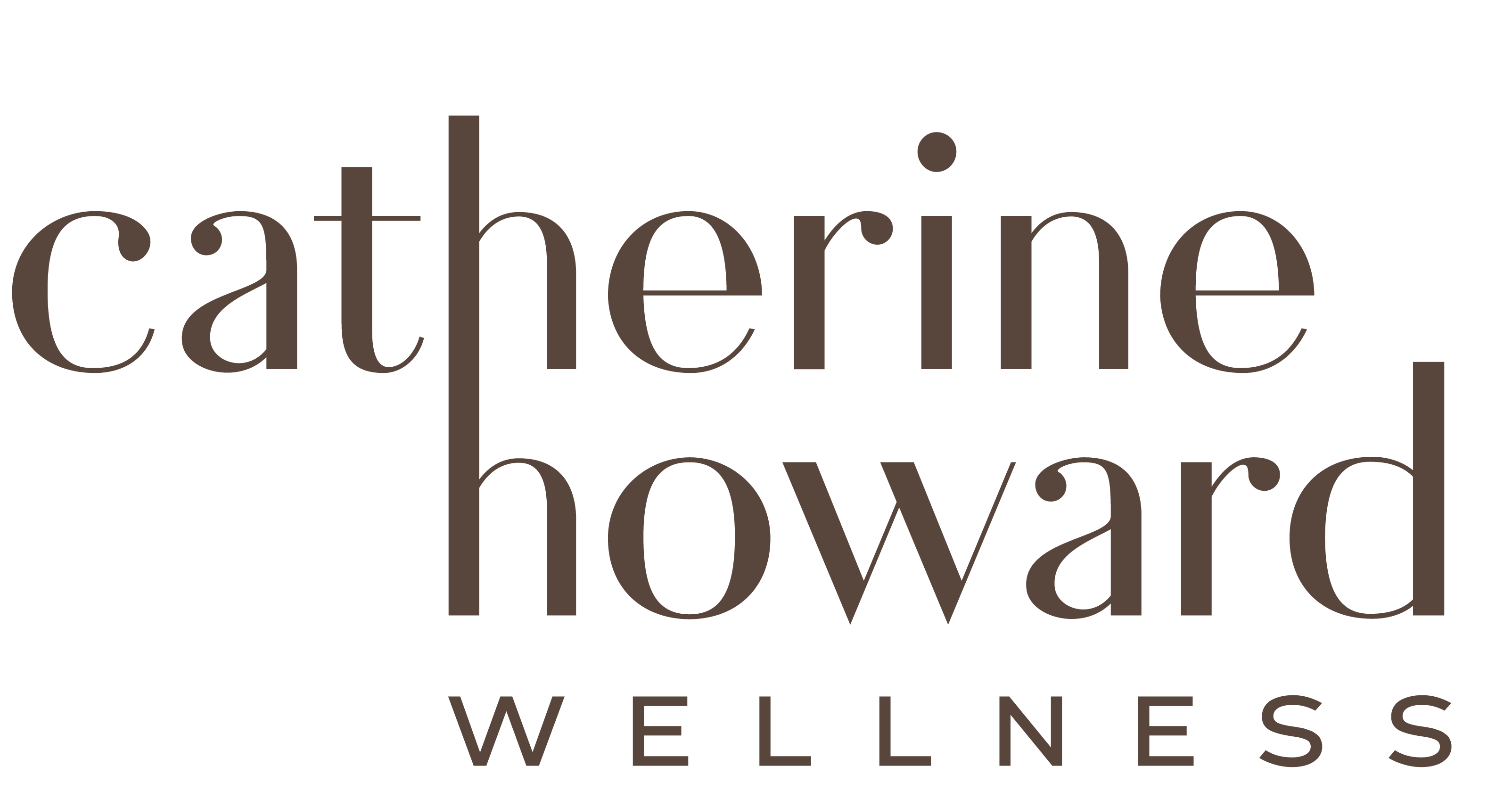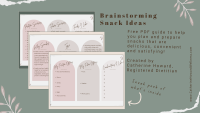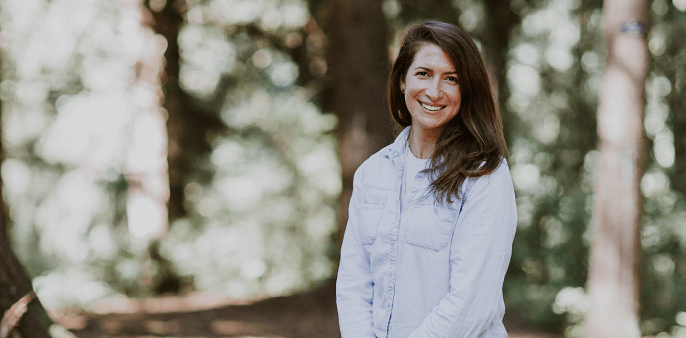I’m in a group chat with 23 other people. I know a few of them, but otherwise the group is friends of friends.
Recently it was someone’s birthday and one of my friends shared a GIF of Ryan Gosling with his shirt off. Someone else shared a GIF of a shirtless model in various G-rated poses. The woman whose birthday it was explained that she’s a big fan of Ryan Gosling, and that she’d liked the photos of the model. From there, the conversation quickly turned to women talking about men’s bodies, describing them as hot or “dad bod” and talking about their preferences in a partner’s body.
While I read the messages I caught myself thinking about what I might say if I was working with a client who was talking about other people’s bodies and a desire to change their own body. It’s a habit of appearance comparison, which refers to one of many types of thinking traps that can perpetuate body dissatisfaction as well as disordered eating beliefs and behaviors in people who struggle with their body image and dieting.
I felt like I should say something, but since I don’t know many of the participants in the chat I held back.
We’re all friends here. This is what I wanted to say:
- 1) If the situation instead was that the guys were talking about women’s bodies we’d be upset and calling them out.
- 2) In this group chat of 24 men and women in their 30s, it’s likely that at least 1 person is currently struggling or has previously struggled with an eating disorder. Athletes, people of color, and LGBTQ+ people are at higher-than-average risk. Among women, it’s estimated that at least 75% are experiencing body dissatisfaction and/or engaging in disordered eating behavior based on study results. (Unfortunately similar data related to disordered eating as opposed to a diagnosed eating disorder is not available for men. It’s not that they don’t experience it, but rather that it hasn’t been studied in the same way disordered eating and body dissatisfaction have been surveyed in women.)
- 3) Appearance comparison isn’t helpful and in so many cases it’s like comparing apples and oranges. Celebrities, athletes, influencers, etc often spend a tremendous amount of money and time on things like exercise, personal chefs, personal trainers, personal stylists, cosmetic procedures as well as services that facilitate their lifestyle such as childcare, housekeeping, personal assistants, etc. What we see in movies, shows, online content, and magazines so often is meticulously curated and altered by lighting, makeup, and filters or editing programs like Facetune or Photoshop. It’s easy to forget that what we see is often not an accurate depiction of another person’s appearance. There also may be unseen downsides associated with striving for and attempting to maintain a ‘hot bod.’ It’s possible that a person whose appearance is being glorified might be struggling with disordered eating, excessive exercise, body dysmorphia, low self-esteem, strained relationships, health ailments and other challenges.
- 4) If I meet with 24 people for work, it’s likely that at least 20 of them have struggled or are currently struggling with body dissatisfaction and disordered eating. For the few whose history doesn’t include those challenges, it’s likely that they lack confidence in their ability to know how to develop and maintain eating patterns which support their overall health. That struggle which is so common in the clients and patients I work with is fueled by appearance comparisons and mis- and disinformation about “what people should or shouldn’t eat,” which could usually also be described as “eating patterns people think will make them skinny, and therefore hot and happy.”
Casual conversations about topics like these do stir something in me that makes me want to speak up because I work with people who have been struggling for so much of their life with their relationship with food and with their body. I often do say something, but since it’s impossible to know how someone receives comments about bodies or food, I try to avoid it unless I’m specifically asked. If that was the case I would probably say, “A lot of people don’t really feel at home in their body, and for them just hearing us talk about other people’s bodies can be uncomfortable so I’d like to talk about something else.”
And if the text thread had continued beyond talking about “rock hard abs” and “dad bod,” I might have chimed in with something along the lines of, “Ever since I heard a rumor that Brad Pitt’s abs in Fight Club were CGI I think all celebrity bodies are about as real as cartoons.”
I’d love to know your thoughts on this topic. What’s it like for you when a conversation turns to people’s bodies and appearance? What would you have said in the group chat?
As a dietitian and a health coach, I provide education, support and guidance so you can confidently make decisions about your diet and then spend more time and energy focusing on what matters most to you. To learn more about what it would be like to work together, check out this blog post all about health behavior change and this one about working with a registered dietitian health coach.
READY TO GET STARTED?
Book A Free Discovery Call
Are you ready to stress less while you make progress toward your health goals with evidence-based strategies and support from a coach? Book a discovery call today and let’s see if we’re a match to work together.






0 Comments